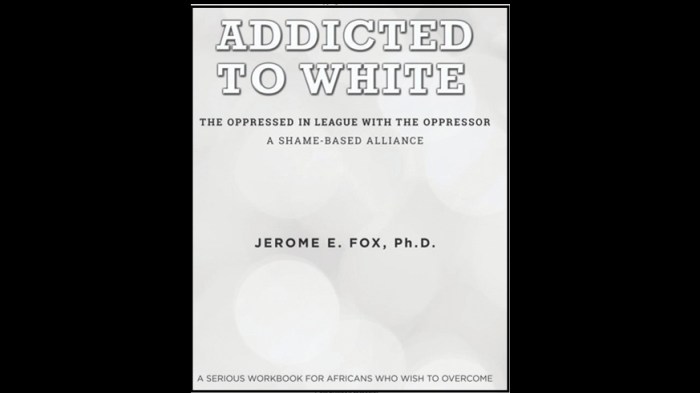We all know first impressions matter, but did you know that very first impression is made within seven seconds of meeting someone?
Do missing teeth kill job prospects? Patients share smile’s importance

American College of Prosthodontists
In an interview situation, you need to act quickly in those crucial moments to leave a stellar impression on your interviewers. Somewhere between the handshake and the first question, your prospective employer has likely already made a decision. But before you fret over flunking the first meeting, consider the idea that the solution may be easier than you think.
According toMyCareerTopia.com, the third most common non-verbal mistake made during interviews is not smiling. But for those Americans who are missing teeth—nearly one in three today—it’s tough to flash a smile. Even with a killer resume, prospects for new employment could be shot down without an equally impressive smile.
Approximately 45 million Americans face dental-care shortages, especially in rural areas, and poor dental care and tooth loss is often a symptom of poverty. Dentures and advanced dental care performed by prosthodontists—dentists who specialize in advanced oral health issues, like dentures, implants and crowns—can break that cycle, helping young adults feel more confident, achieve gainful employment and improve their health.
That same data mentioned above also indicates that nearly 40 percent of first impressions are determined by your confidence and your voice, both of which are greatly influenced by oral health. In America alone, there are 12 million people missing all of their teeth in both jaws, and over 35 million people missing all of their teeth in one.
According to a USA Today article, younger Americans are even opting for dentures to boost their job prospects.
Dr. Frank J. Tuminelli, a board-certified prosthodontist of Great Neck, NY, and the immediate past president of the American College of Prosthodontists, recently treated a young man in his 30s who suffers from a form of ectodermal dysplasia. The condition left him with very few permanent teeth, amongst other oral complications. At 24, he was a very driven young man who could not reach his potential due to the limitations of not having teeth. Through a series of surgeries using the entire dental team (oral surgeon, laboratory technician, and prosthodontist), he received a total comprehensive rehabilitation of his mouth and all his teeth. Today, he is a very successful man with a wonderful smile, family and friend network.
“You should see him now,” says Dr. Tuminelli.
“Sometimes, you need the rock star of the profession; For me, when I was referred to Dr. Tuminelli, I realized that a prosthodontist is a rock star of dentistry,” adds patient Josef Stark, 34, now a successful wealth management professional. “Not having teeth puts you on an uneven playing field for jobs.”
New York City board-certified prosthodontist Dr. Robert Rawdin also recommends acting quickly after losing teeth, and consulting with a prosthodontist for the right options for your mouth. The most common and least expensive methods are full or partial dentures, which either rest on the gums or attach to present teeth.
“I had a female patient in her 30s who’s a hairdresser in New York City, and as you can imagine, this is a profession where looks and hating your teeth are tough as you work with customers all day who want to look beautiful,” says Dr. Rawdin.
“I used to hate my teeth, and now with implants and getting a smile makeover going to a prosthodontist, it didn’t just change my teeth; it changed my life,” says patient Jill Herman.
Another patient named Allison says her teeth were holding back her acting career, and casting directors would tell her this flat out. Today, she’s living her dream as an actress in Los Angeles with restored teeth thanks to board-certified prosthodontist Dr. Kenneth Kurtz.
Dr. David A. Felton, a board-certified prosthodontist, recently published a peer-reviewed article in the Journal of Prosthodontics that says significant tooth loss—missing more than 12 to 17 of one’s 32 natural teeth—is associated with a scale of negative health outcomes, and can result in increased risk of overall diseases that can even lead to death.
According to Dr. Felton, patients who have lost their teeth have a greater risk of developing malnutrition, obesity, cardiovascular disease, head and neck cancer, and reduced cognitive function. Patients who don’t properly clean their dentures are also at a higher risk of developing pneumonia, which can lead to death.
Patients are encouraged to maintain their natural teeth by brushing for two minutes twice a day, flossing once daily and eating a healthy diet, says Dr. Carl F. Driscoll, board-certified prosthodontist and president of the American College of Prosthodontists. Visiting a dentist for regular cleanings and examinations can stop dental disease in its tracks before it becomes a more serious and expensive problem down the road, he adds.
The USA Today story referenced above interviewed patients at a free dental clinic in Wise, Virginia, many of whom experienced tooth loss from poor oral hygiene, poor eating habits or lack of dental insurance. Though the waiting list for free dentures was over 600 signatures long, plenty of patients found success in their visit with a prosthodontist, where they had teeth pulled and were fitted for a free pair of dentures by volunteer prosthodontist Dr. Scott Miller at the Remote Area Medical event featured in the story.
One patient, 51-year-old Pamela Sherman, has had 10 teeth pulled, and said she is reluctant to smile at work. “If I got new teeth, I could smile again. Your smile and your face; that’s what you present to the world.”


















